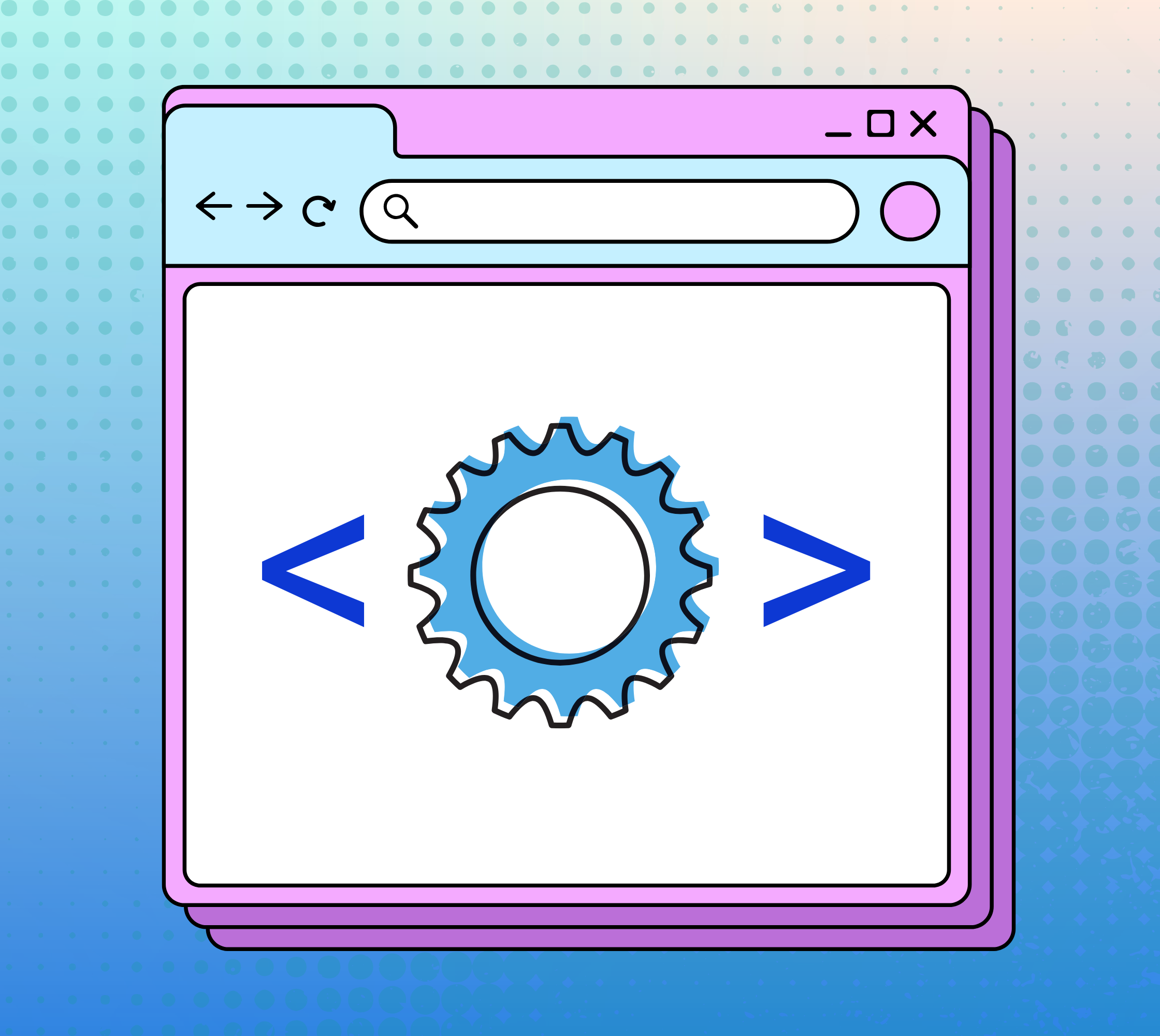Open Source Social Platforms: A Model For Ethical Tech

Imagine this: You’re scrolling through your go-to social media app when a new update hits—and suddenly, nothing works the way it used to. Your feed is all messed up, the algorithm is prioritizing the wrong things, and you’re missing your favorite features. What can you do?
Unfortunately, if you’re on a traditional social network like Instagram or TikTok, the answer is not much. This is because most major social media platforms are run by companies that own and control all of the code. They offer free use of their platform, which is made possible by selling ads on their platform. Because of this model, social media companies ultimately decide how their platform looks, feels, and operates.
But now, there’s an alternative: open source social media. When a company makes their code open source, it gives users the ability to take that code and replicate and modify it. So, if there’s an update that the community doesn’t like, the app’s user base can duplicate the code and make a better version. In short, open source code puts the power into the hands of the users.
Many open source social media platforms (e.g., Mastodon, Pixelfed) are also decentralized, operating on ActivityPub protocol. Bluesky, another popular open source platform, is also decentralized but operates on its own framework called AT Protocol.
Here’s a rundown on how decentralized protocols and open source social platforms can improve your social networking experience:
More User Control
Why is this important? Traditional social media companies often have more control over your data, and financial incentive to use it to send targeted ads. They can use that information to do things like send you targeted content, which may push certain viewpoints. Apps like Bluesky allow you to create your own algorithm, giving you more control of the content you see.
Increased Transparency
Open source, decentralized social platforms are inherently transparent. They operate on the blockchain, giving anyone who’s interested a near real-time view of what’s going on behind the scenes. This transparency also gives companies an incentive to stay true and ethical in their practices—when everything is out in the open, there’s no way for them to hide any sketchy behavior.
Cross-Platform Communication
Traditional social networks can’t communicate across platforms—for example, you can’t use your Reddit account to send someone a message on Instagram. But this isn’t the case for decentralized platforms. Social networks like Mastodon and Pixelfed, which use ActivityPub, are part of what is known as the Fediverse.
To get a better understanding of what this means, let’s take a look at another example of a decentralized system: email. If you have a Gmail account, you aren’t limited to communicating with only other Gmail users—you can also send emails to people with Proton Mail, Yahoo addresses, or other types of addresses. Email is a decentralized system, operating similarly to the Fediverse.
Fediverses can mostly communicate with each other freely — there are still limitations present that need to be improved, but this functionality holds a lot of promise!
Ability To Switch Platforms
The same technology that gives you cross-platform communication also gives you the ability to move across platforms.
Some decentralized platforms offer improved data export and limited account migration within their ecosystems, but true cross-platform portability with complete data and social graph preservation is still theoretical and not fully realized yet. There is room for growth here!
Developer Freedom
If you’re an independent developer, you know that getting apps or plugins approved for social platforms can be very difficult, or even downright impossible. But it doesn’t have to be this way. Open source platforms depend on input from the community, and you’re free to express your creativity however you’d like! Have an idea for a plugin that doesn’t exist? You can build it, use it, and share it with the world as you see fit.
—
A Model For Ethical Tech
In a world where large social media platforms are reaching for more and more control over our digital lives, there’s a reason why people are flocking to open source social media platforms. Open source social media platforms defy big tech and put power back into the hands of the people. They’re redefining how we connect and communicate, paving the way for future platforms and setting a new standard for ethical tech development.
Open source social media isn’t just changing the rules—it’s changing who gets to write them.
Ready to join the conversation? Follow Girls Who Code on Bluesky!


